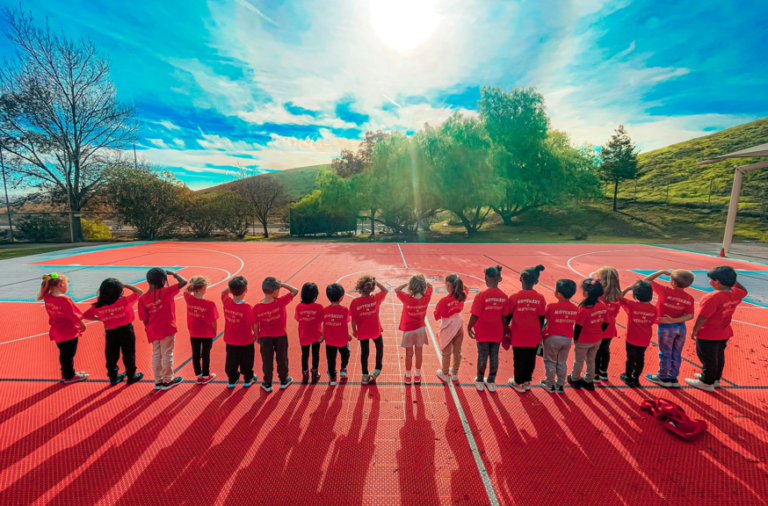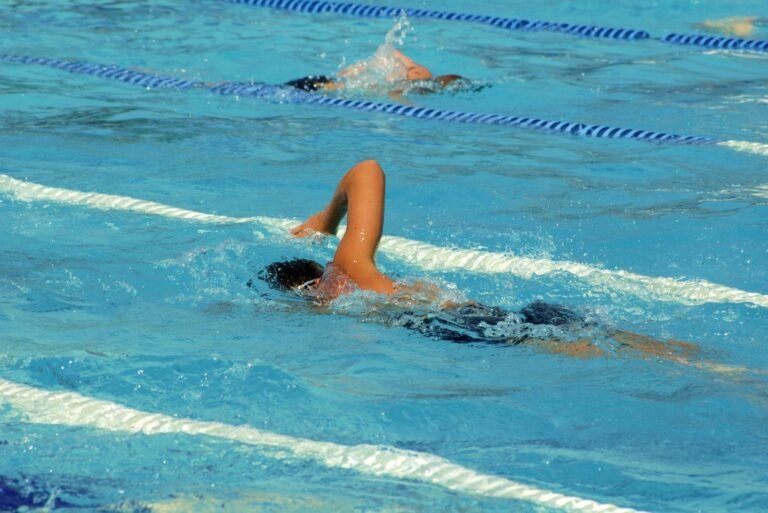In non-competitive sports, personal development, enjoyment, and teamwork take front stage above competition. These events create a good setting for kids to flourish, therefore supporting their emotional, mental, and physical well-being free from demands of competition. Here’s a closer view at the advantages non-competitive sports offer for young people.

1. Physical Health and Fitness
Non-competitive sports inspire kids to keep active, therefore fostering physical fitness and general wellness. Swimming, yoga, and cycling help to build muscles, increase flexibility, and improve cardiovascular condition. Children may concentrate on enjoying the activity and develop good lifelong habits free from the pressure of competition.
2. Mental Health and Emotional Well-being
Stress-free environments produced by non-competitive sports help to lower anxiety and improve emotional wellbeing. Lack of the “win or lose” dynamic lets kids enjoy the sport, therefore improving their mental health and mood. According to studies, physical activities like yoga or leisure sports help to lower tension and encourage relaxation, therefore improving mental attitude.
3. Social Skills and Teamwork
Group-based non-competitive sports help to teach important social skills. In a stress-free setup children pick up communication, teamwork, and relationship building skills. Children learn the value of working together toward common goals by means of sports such group hikes, dance lessons, or cooperative activities, therefore strengthening their sense of camaraderie and collaboration.
4. Building Self-Esteem and Confidence
The emphasis of non-competitive sports on personal development instead of competition with others is among their most main benefits. Children create personal benchmarks and honor their development, therefore building confidence and self-esteem. They develop a good self-image by feeling free to explore their capabilities without regard to criticism or failure.
5. A Lifelong Love for Physical Activity
Non-competitive sports give enjoyment top priority, therefore fostering in children a lifetime interest in staying active. Unlike more competitive settings, which can occasionally result in burnout or aversion to sports, these activities inspire a real love of physical exercise. As people get older, this basis raises their chances of keeping an active lifestyle and supports lifetime health and well-being.
6. Inclusivity and Accessibility
Since non-competitive sports appeal to kids of every ability and skill level, they are naturally inclusive. They encourage everyone to participate, therefore building a feeling of belonging. Community yoga courses, leisure swimming programs, or adaptive sports, for example, guarantee that every child—including those with disabilities—feels motivated and respected.
7. Personal Discipline and Responsibility
Even if non-competitive sports are laid back, they nonetheless inspire discipline and responsibility. Youngsters pick up skills in set reasonable goals, commit to practice, and own their development. These abilities are priceless; they help to define their character and favorably affect other areas, including academics and personal relationships.
8. Cognitive and Academic Benefits
Children’s cognitive development is intimately related to physical activity. Regular sporting activity enhances memory, focus, and general brain capacity. Studies reveal that students who participate in dance or martial arts do better academically because of improved focus and mental clarity, which translates nicely into classroom performance.
9. Encouraging Creativity and Self-Expression
Creative inquiry is made possible in non-competitive sports including gymnastics, martial arts, and dance. By use of movement as a means of expression for feelings and thoughts, these activities help youngsters to express themselves easier and better. Such activities inspire children to be more distinctive and creative.

Conclusion
Children can flourish free from the demands of competitiveness in an inclusive and supportive atmosphere provided by non-competitive sports. These activities offer priceless advantages from better physical fitness and mental health to more creativity and lifetime habits. Through emphasizing personal development and enjoyment, non-competitive sports enable kids to experience balanced, happy lives while building the basis for an active future. Introducing children to such sports guarantees they get these advantages and enjoy the experience all through.






